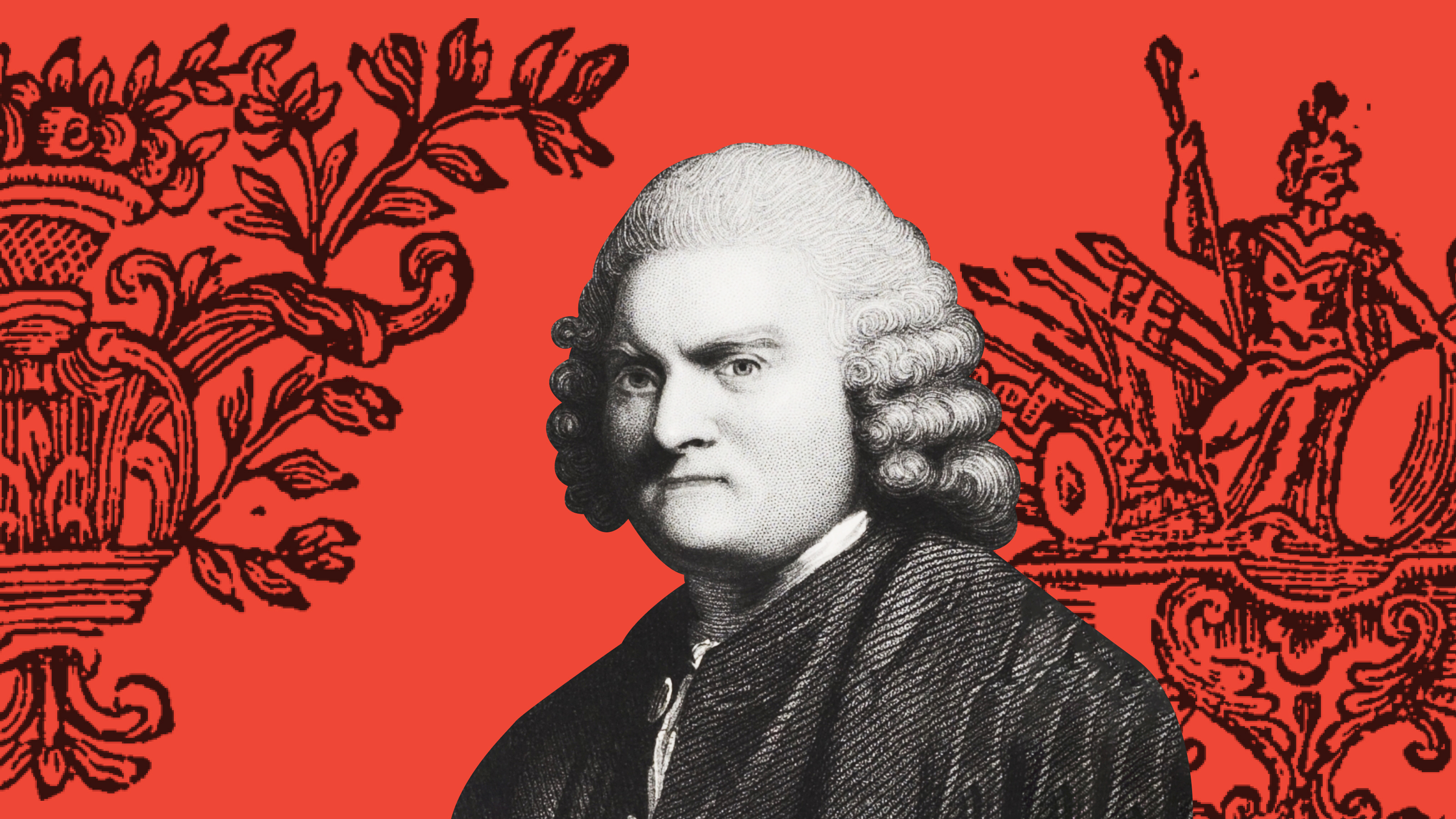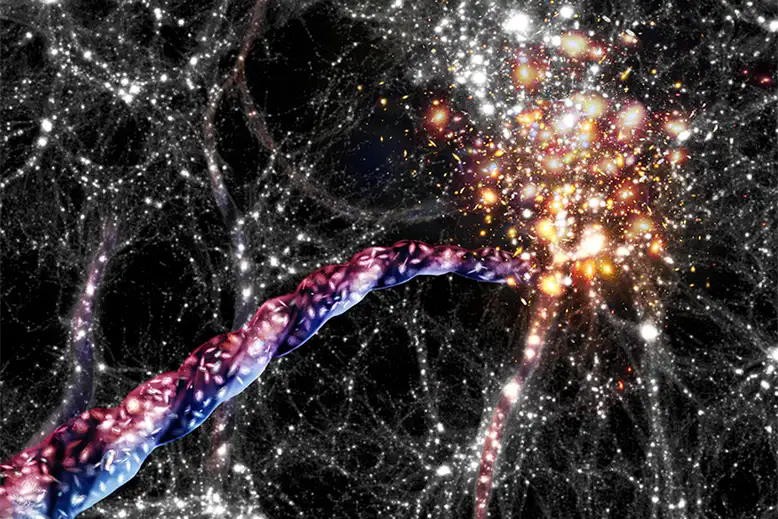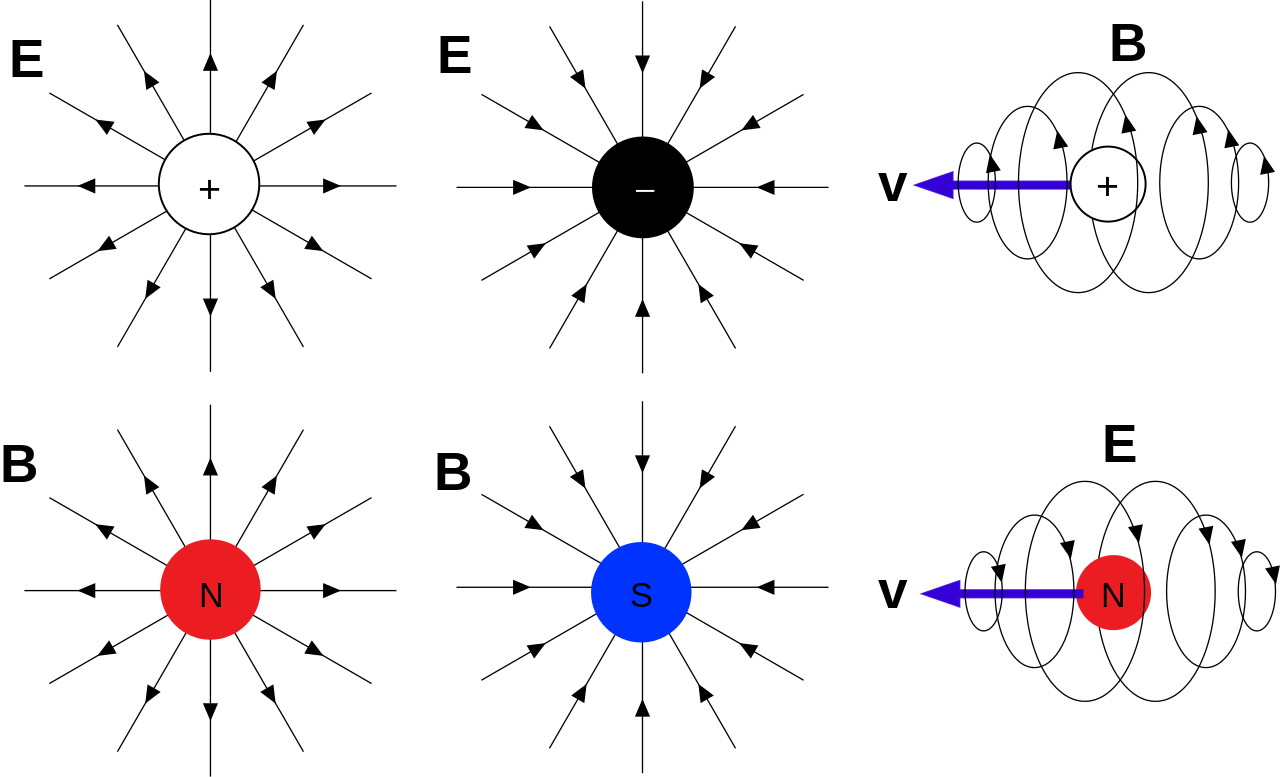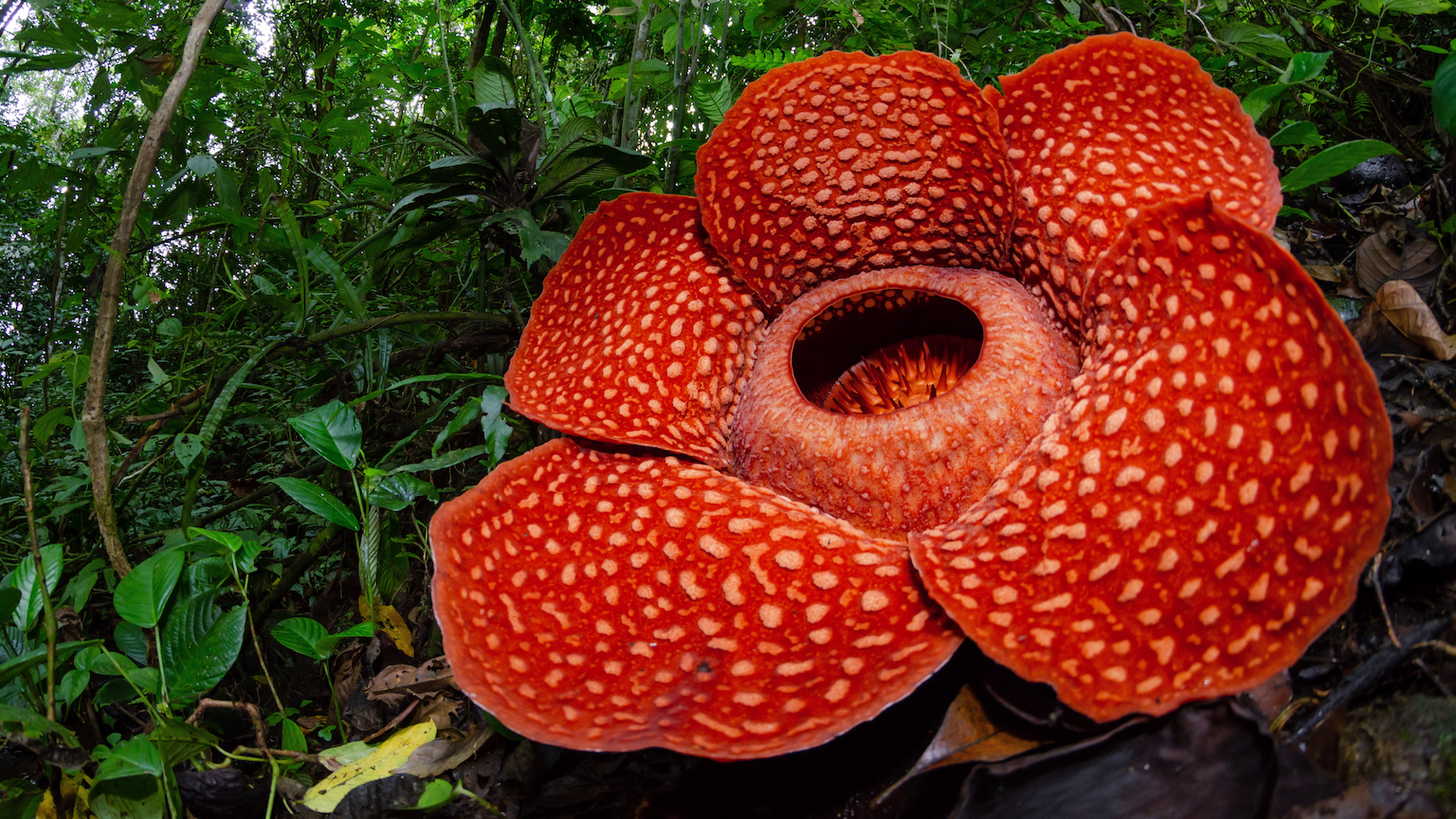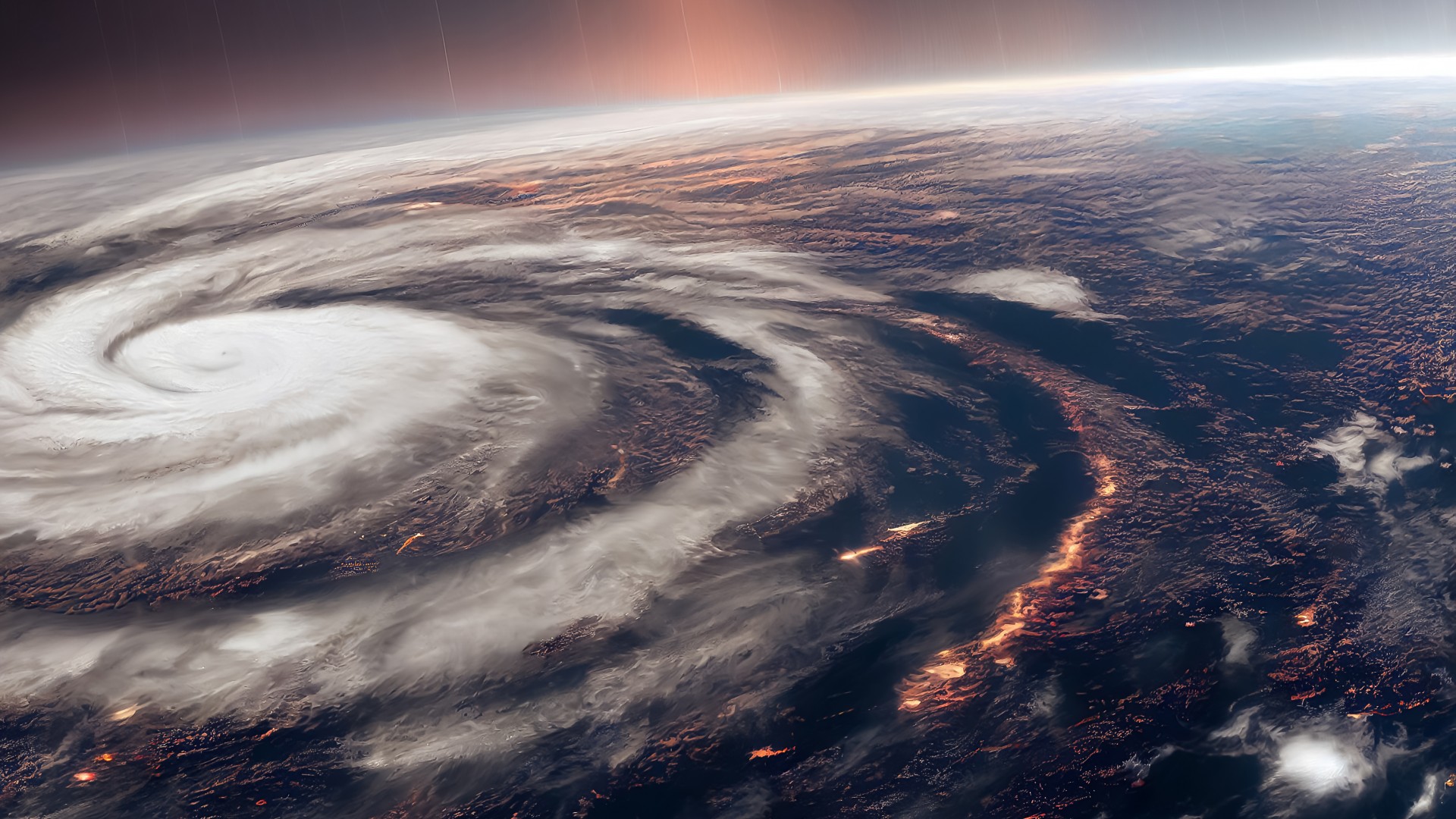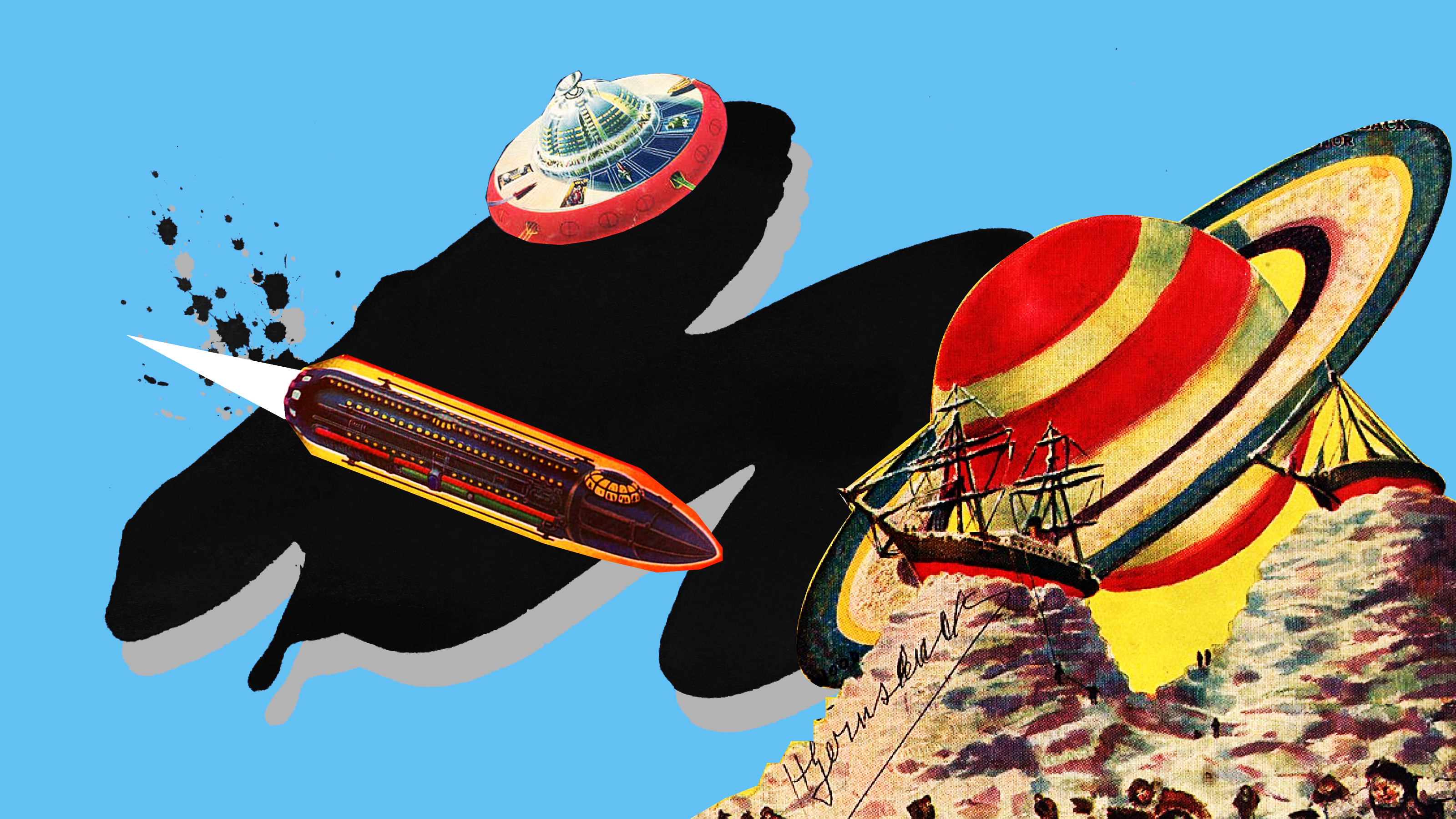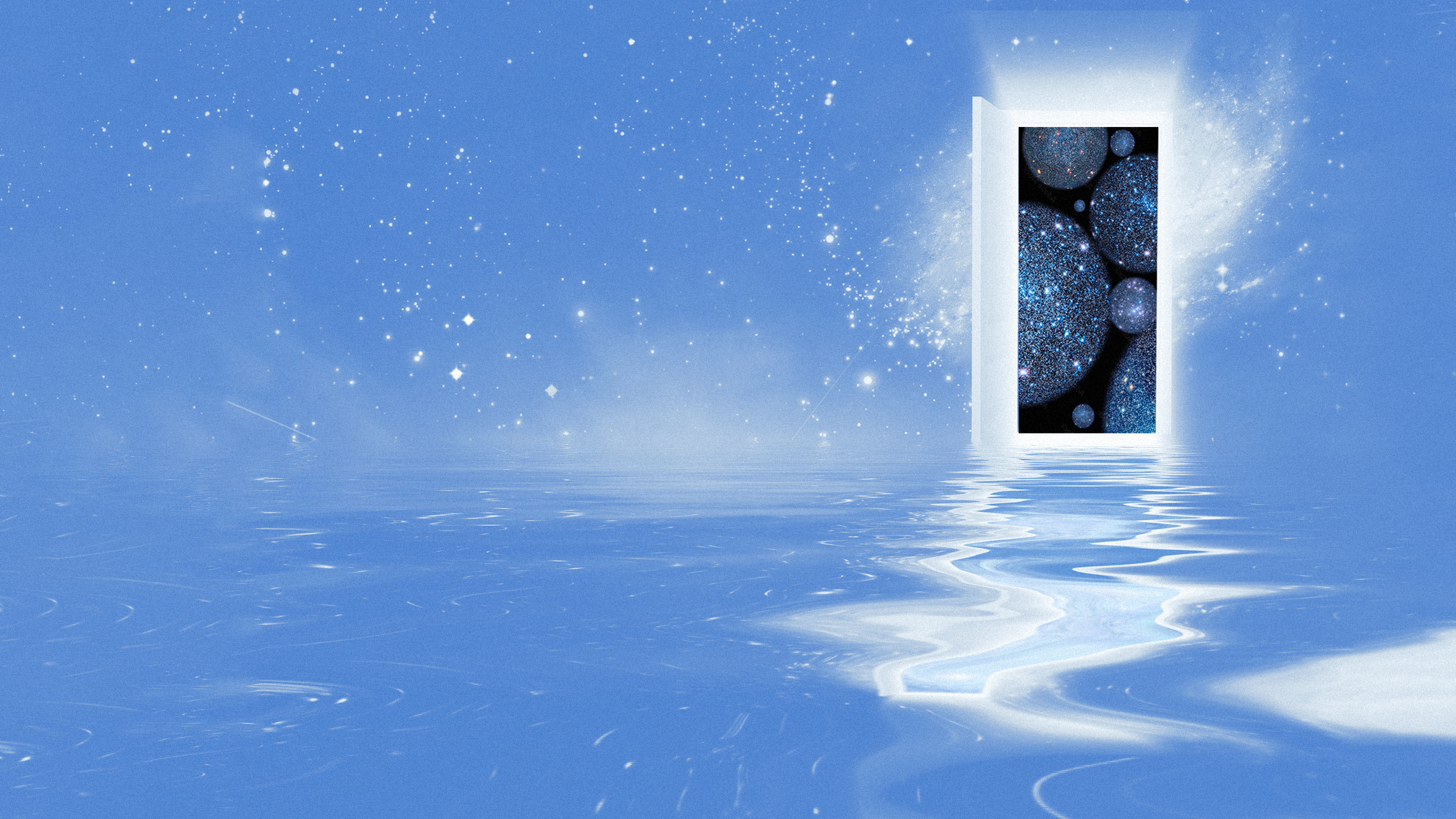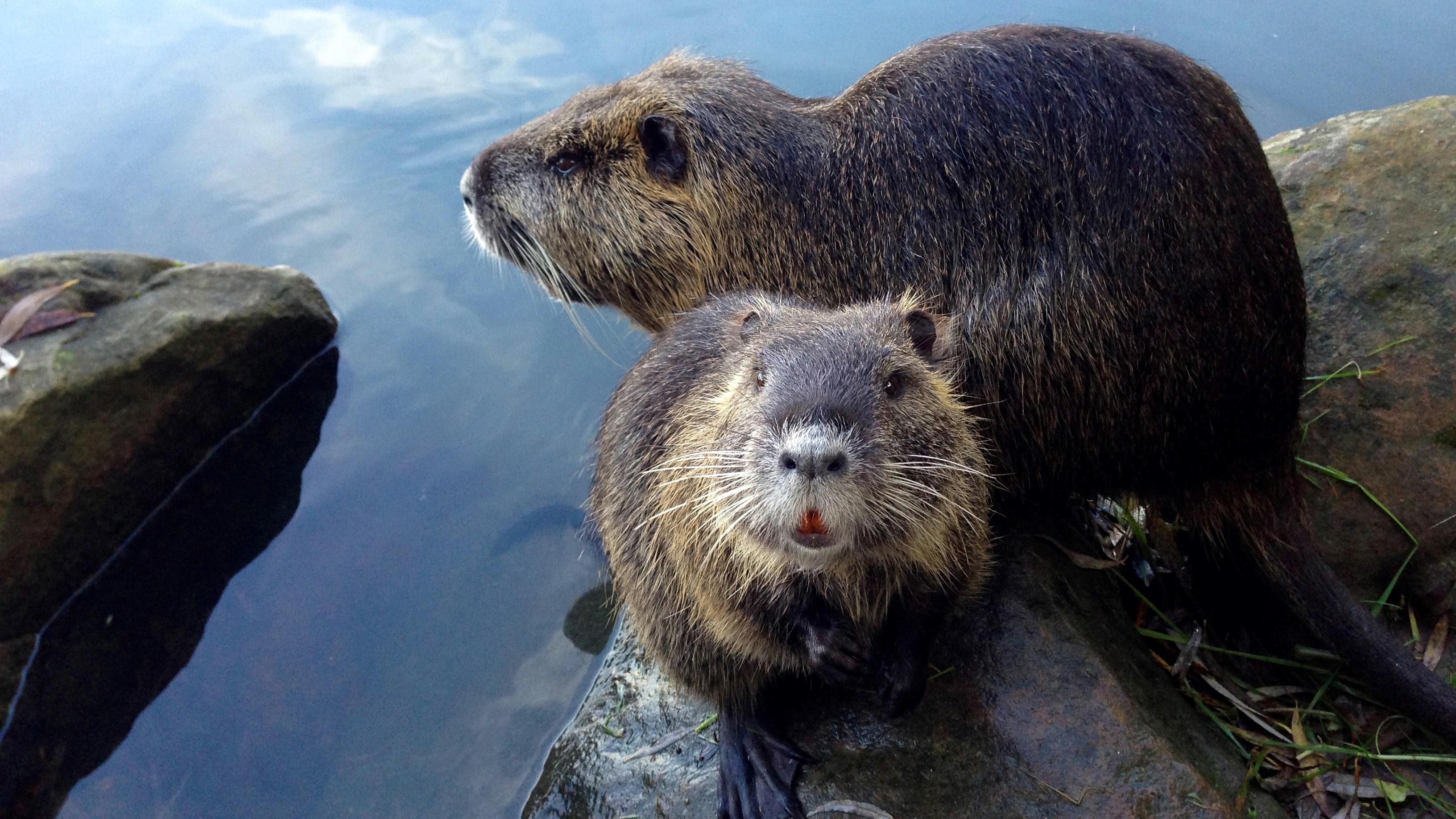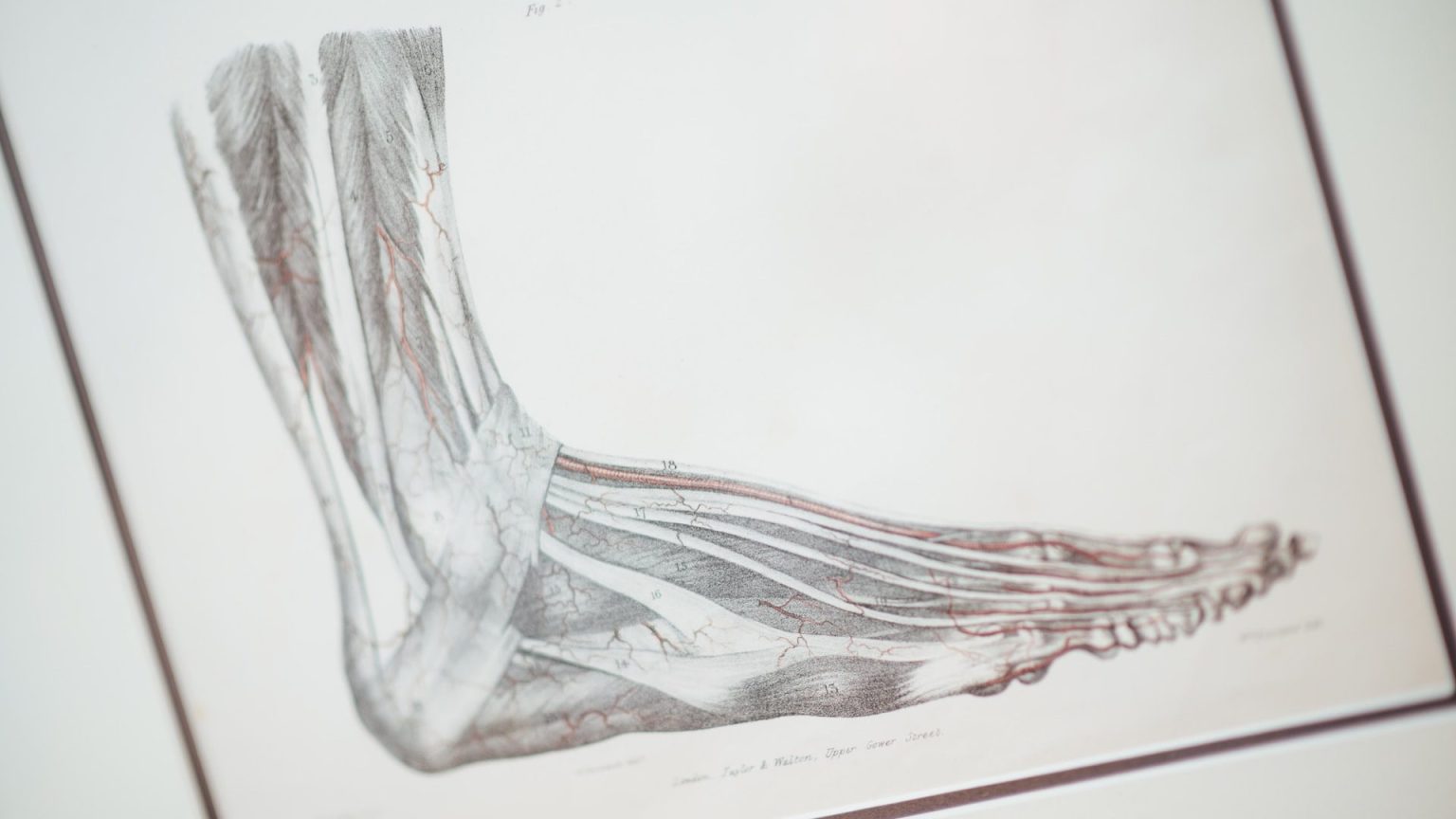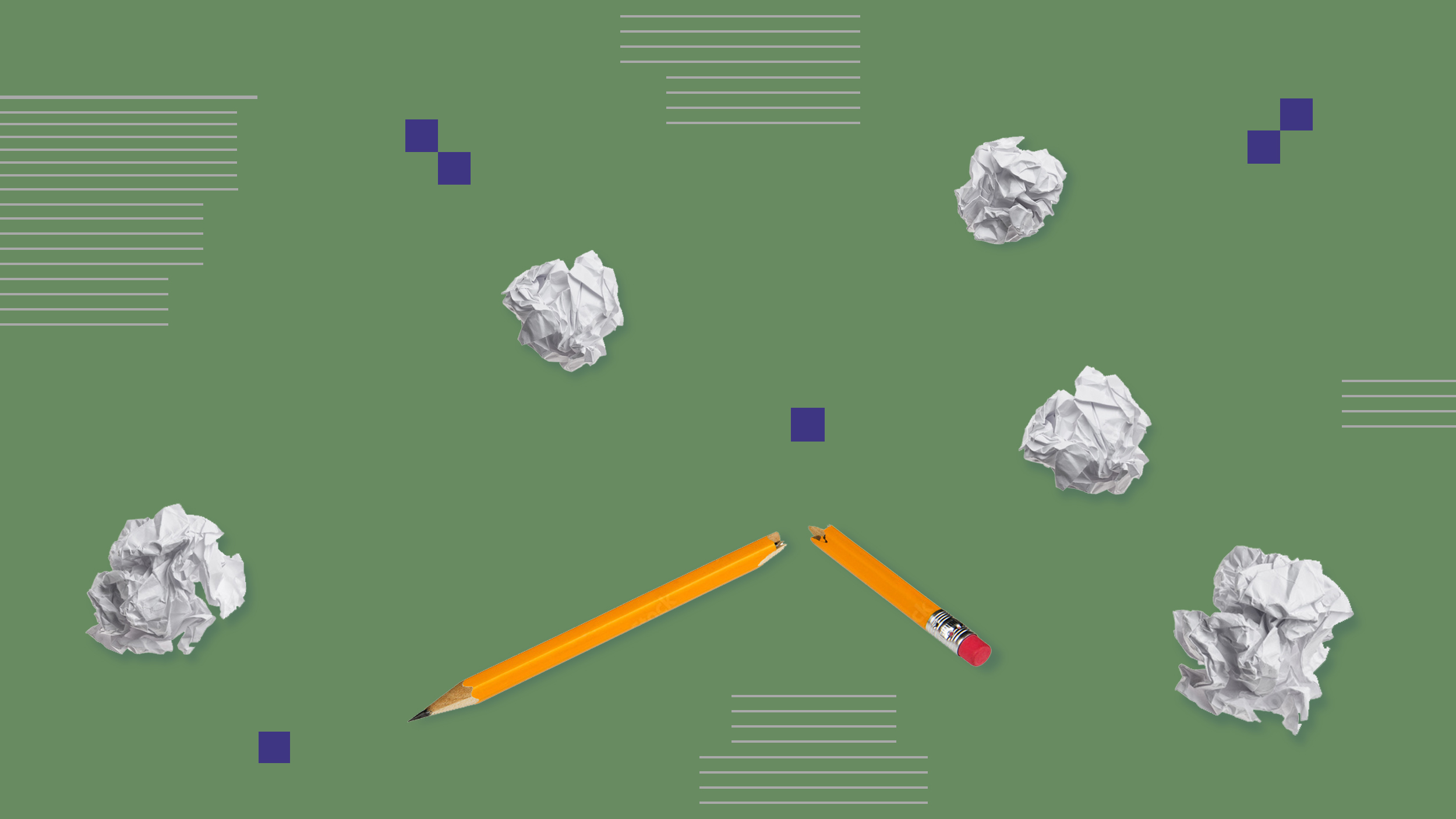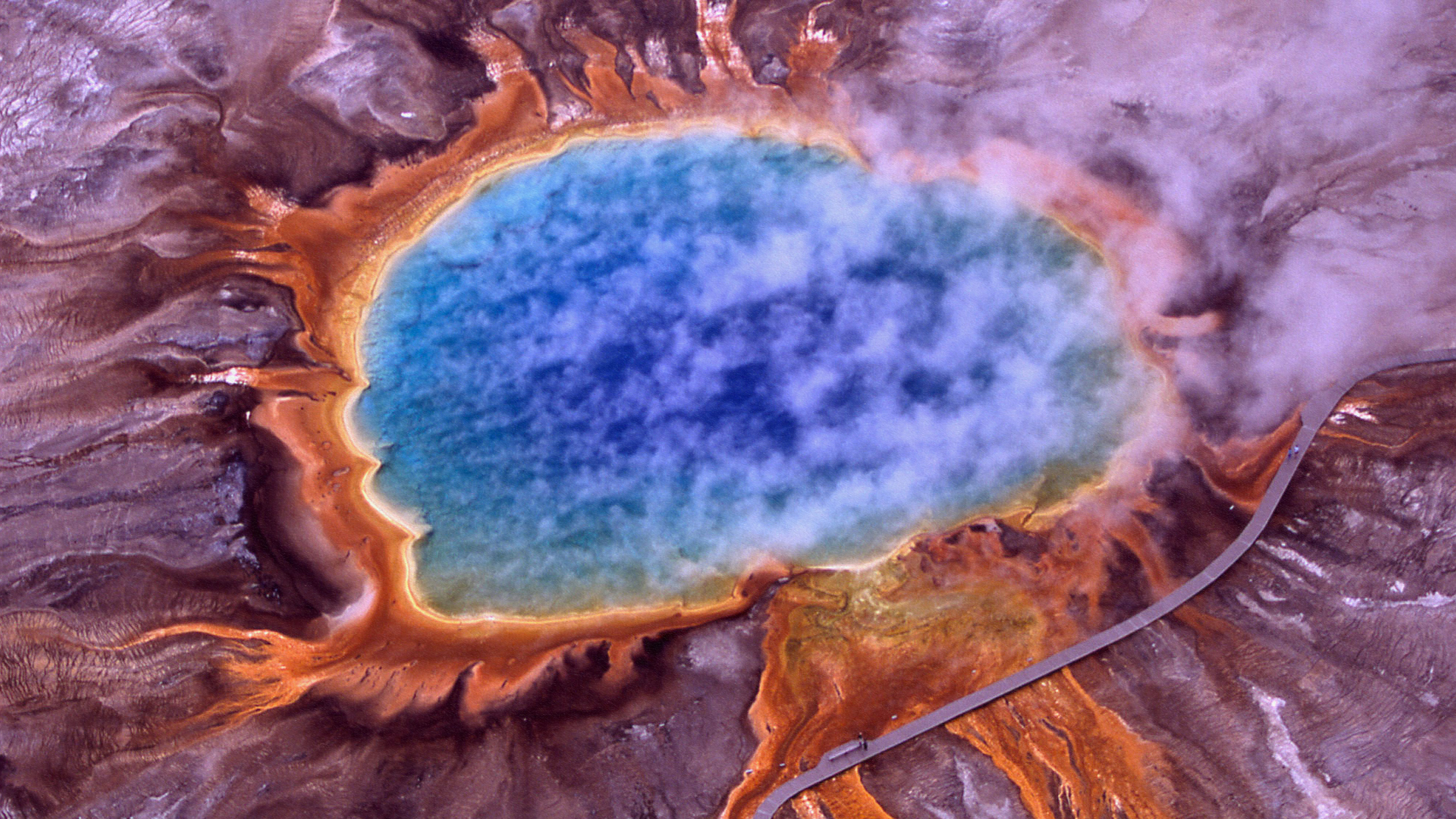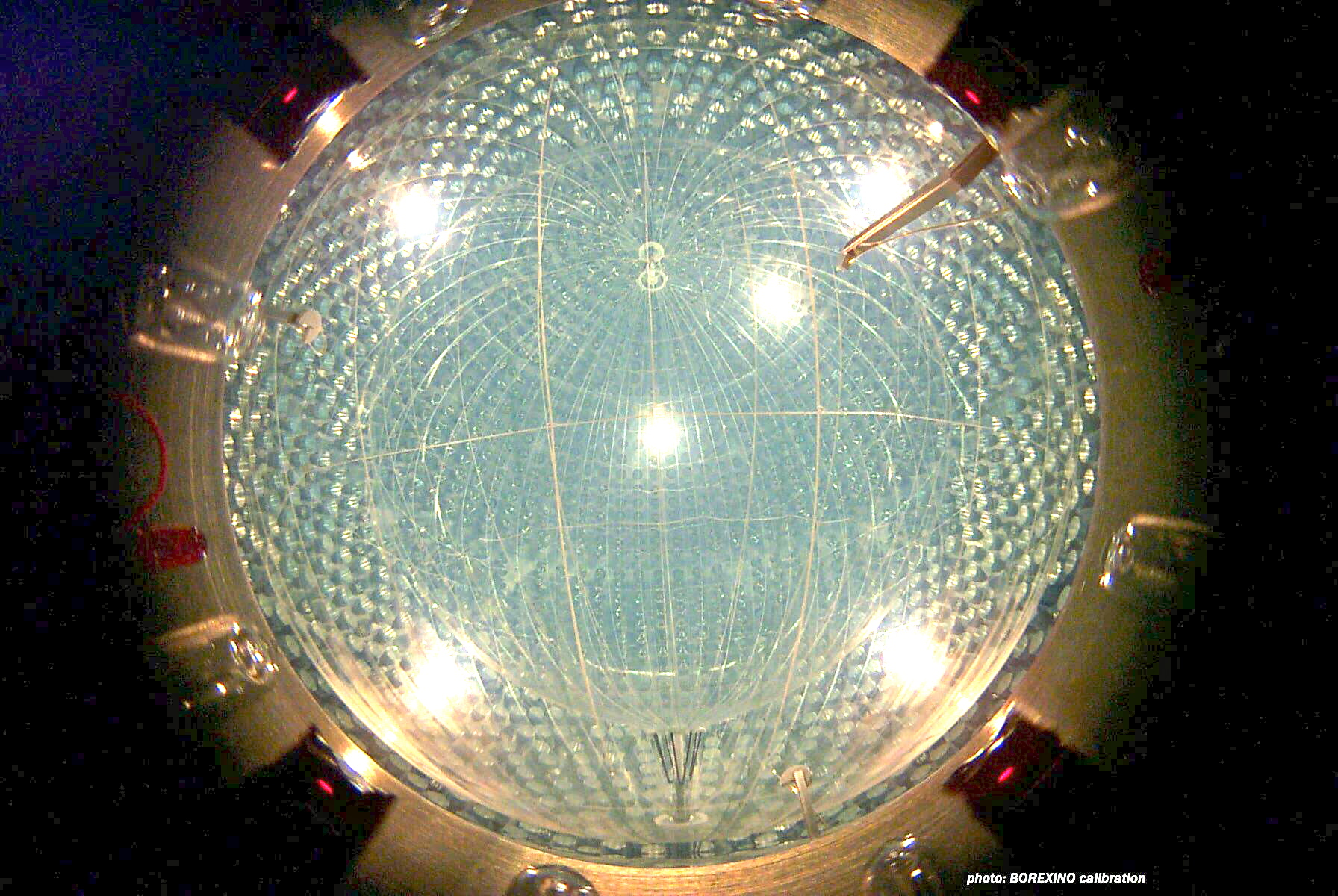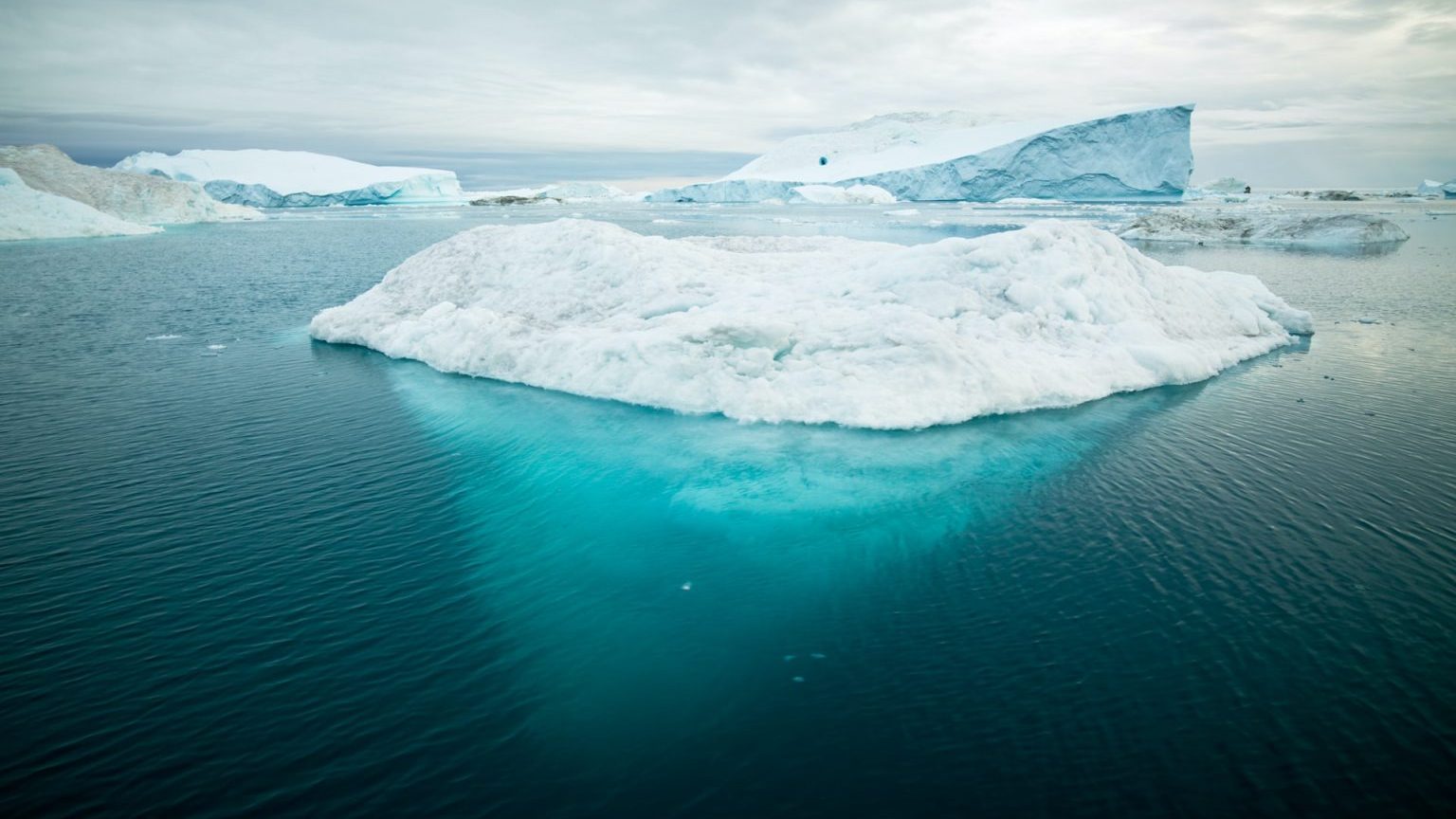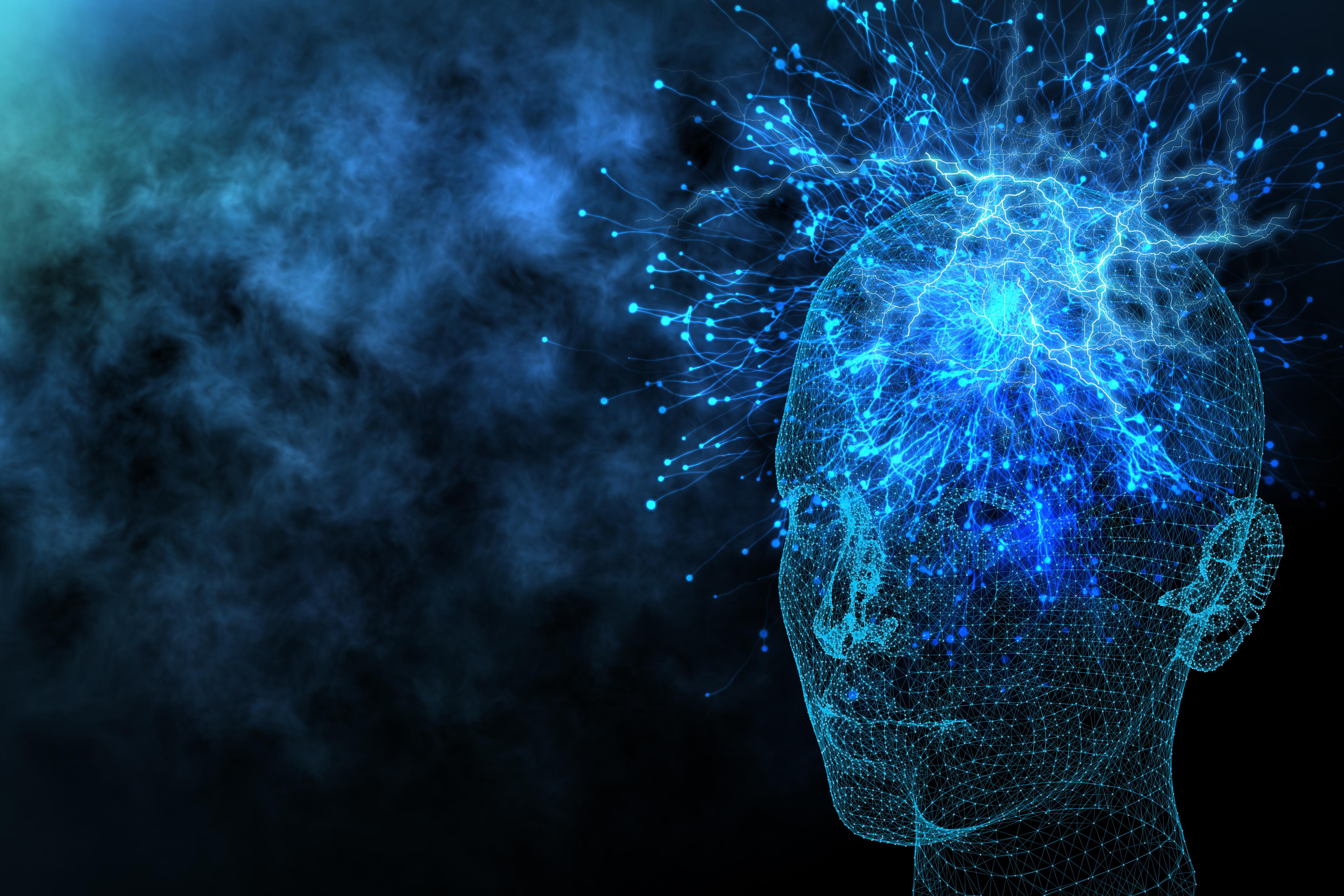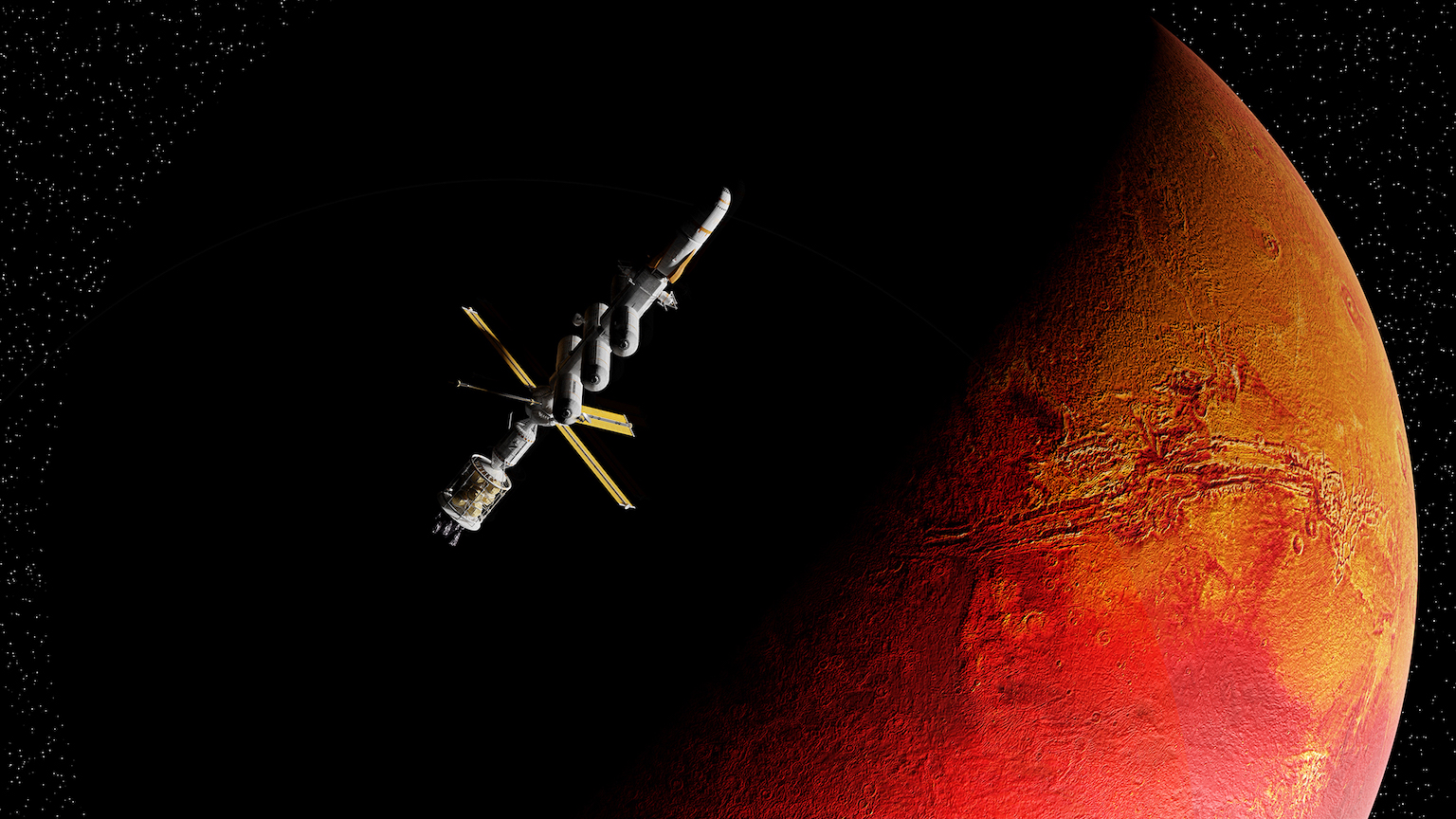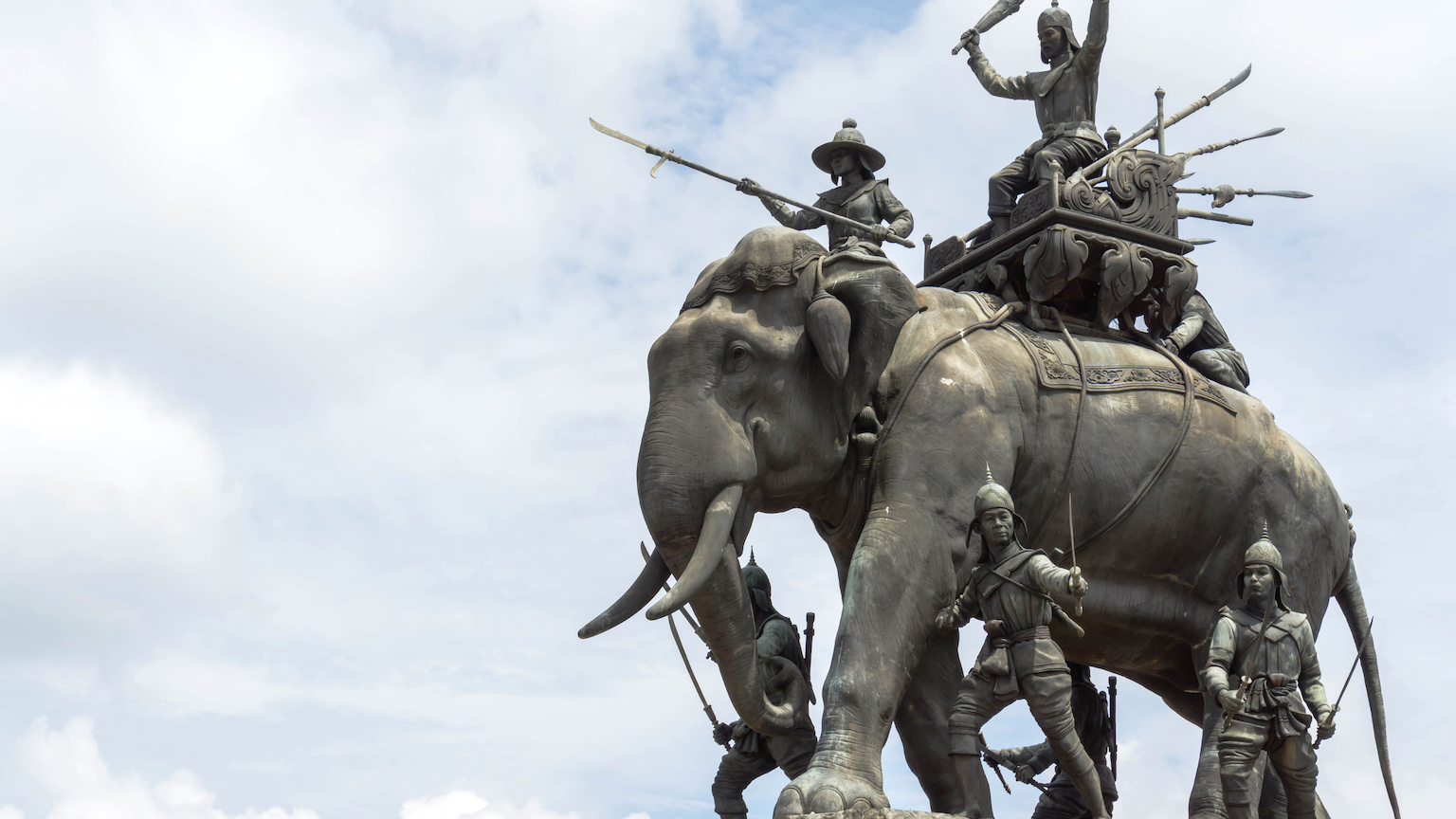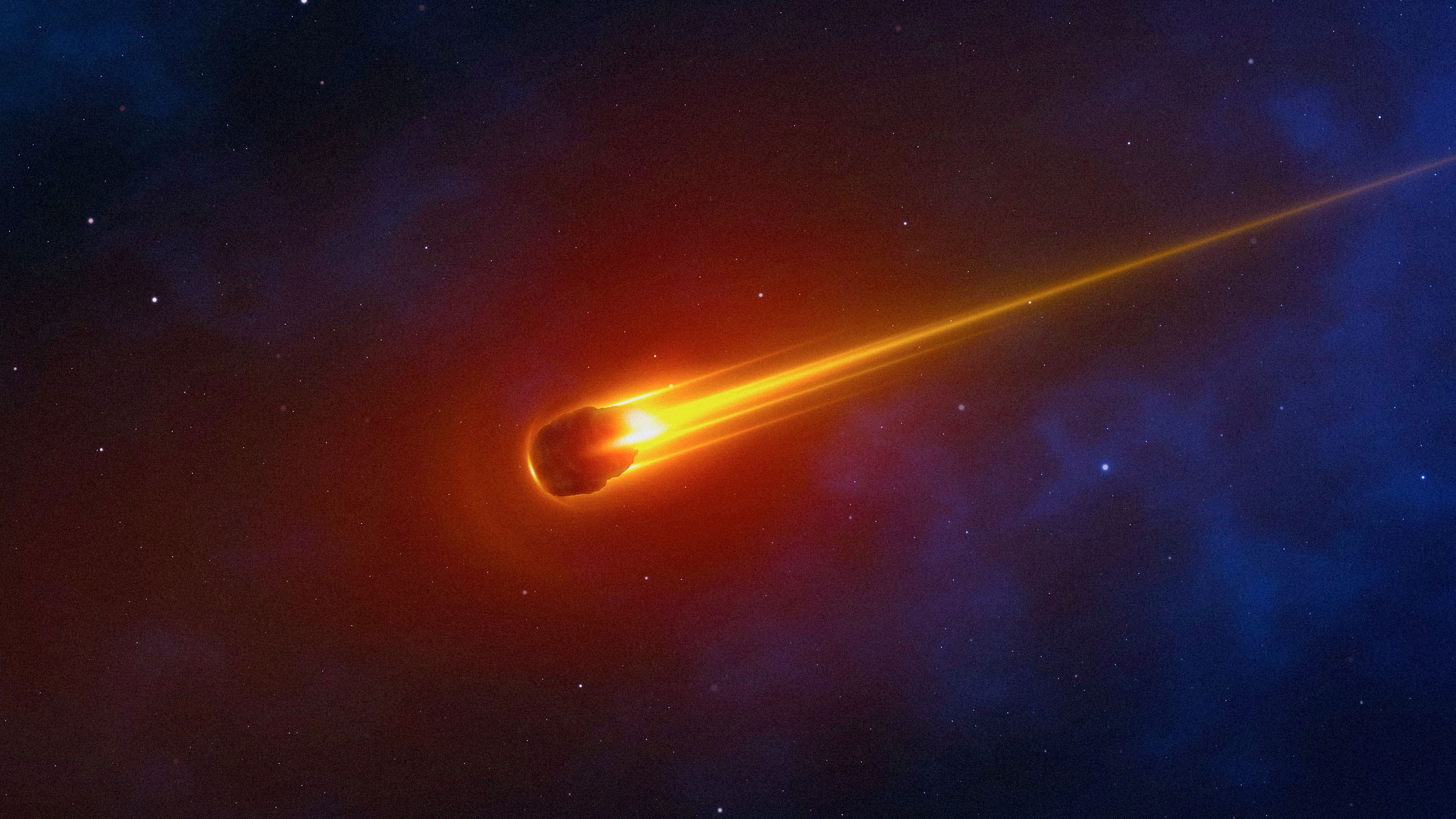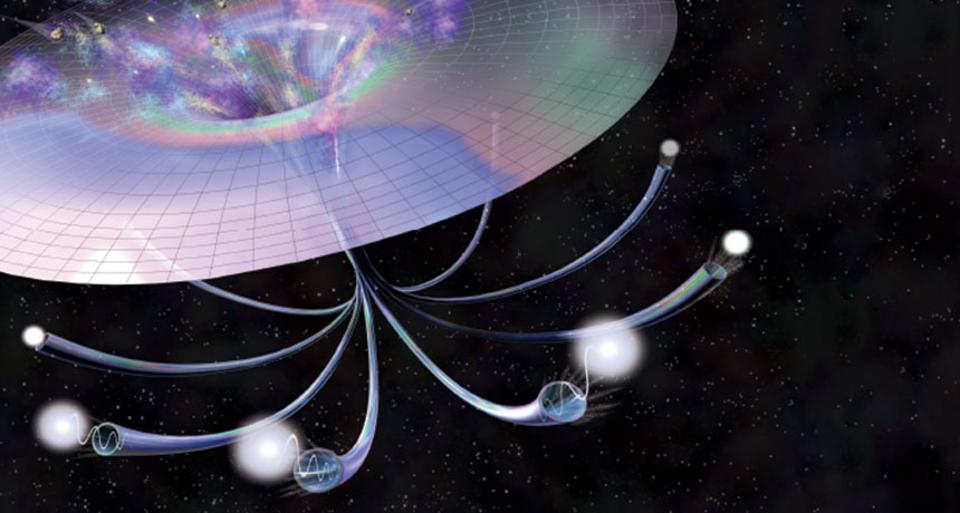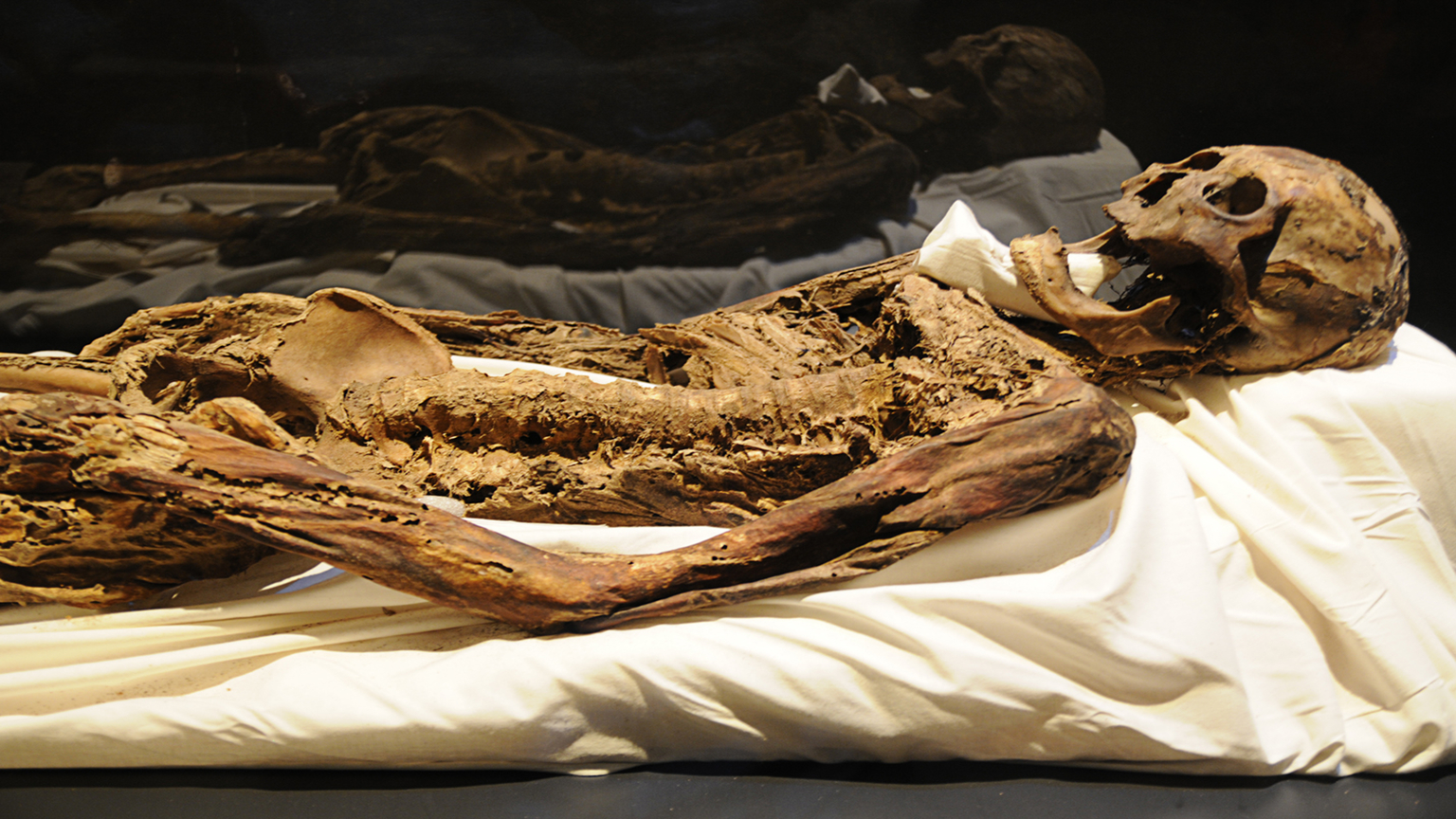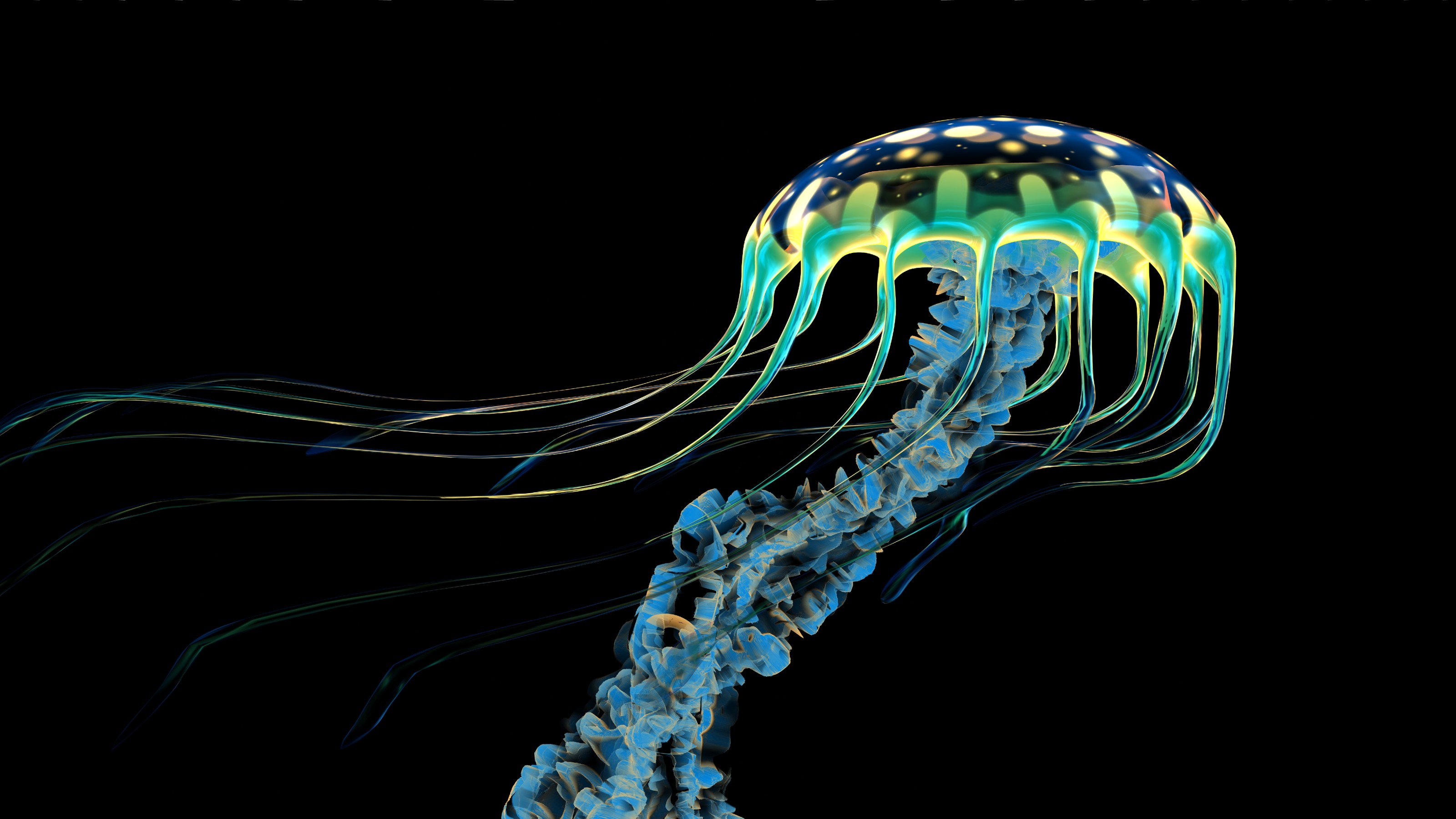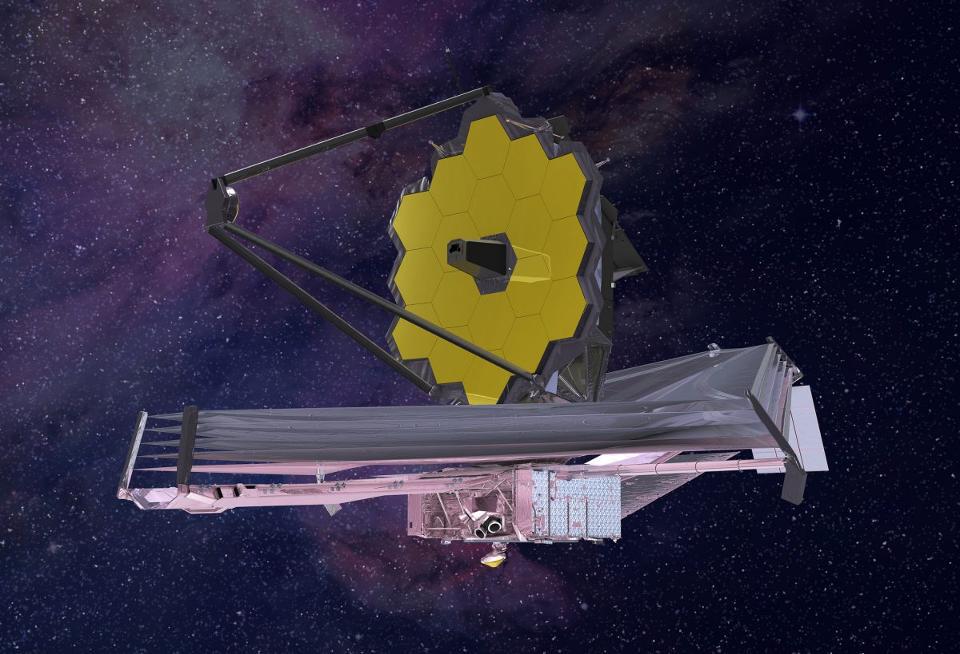An effect called the “urban heat island” means that temperatures are often 10 degrees higher in cities, according to NASA.
Search Results
You searched for: Structure
As a physician, John Pringle helped reinvent hygiene; as a husband, he destroyed a woman’s life with his abuse.
Filaments, hundreds of millions of light-years long, were just caught spinning. In our own cosmic backyard, everything we see spins, rotates, and revolves in some fashion or other. Our planet […]
Magnetic monopoles began as a mere theoretical curiosity. They might hold the key to understanding so much more.
Parasites aren’t limited to just worms and ticks. Even some plants like to feed off others — and they perhaps could help fight invasive species.
Retired astronaut Ron Garan believes that before we can begin solving our problems, we must understand our interrelatedness through the “orbital perspective.”
Take a trip through these master-crafted fantasy societies and ask yourself: Could I actually live there?
Do the laws of physics place a hard limit on how far technology can advance, or can we re-write those laws?
Letting nature’s expert engineers lead the way.
An interview with CRISPR co-discoverer and Nobel Prize-winner Dr. Jennifer Doudna.
Was our distant ancestor a biped or not – i.e., human or not human?
The separation of conjoined twins is fraught with stomach-churning biomedical and ethical challenges.
Why do some corporate training programs fail? Here are five reasons.
Made from concrete, it cost 15% less per square foot to construct than a typical house.
With such a vast Universe and raw ingredients that seem to be everywhere, could it really be possible that humanity is truly alone?
If you’re a massless particle, you must always move at light speed. If you have mass, you must go slower. So why aren’t any neutrinos slow?
Passing chunks of ice can fertilize ocean waters and play a role in the planet’s carbon cycle.
The crabs’ blue blood contains an ancient immune defense mechanism that has helped save countless human lives.
“We didn’t build anything face-ish into our network [but] managed to segregate themselves without being given a face-specific nudge.”
Is the physical universe independent from us, or is it created by our minds, as suggested by scientist Robert Lanza?
What if intelligence can thrive without consciousness?
Experimental archaeology is the practice of recreating past events using knowledge and tools available at the time. Sometimes, it involves elephants.
This technological feat changes our cosmic history.
Most male mammals have little or nothing to do with their kids. Why is our own species different?
As we gain new knowledge, our scientific picture of how the Universe works must evolve. This is a feature of the Big Bang, not a bug.
Unlike other world rulers, Genghis Khan was laid to rest not inside an elaborate mausoleum but an unmarked grave somewhere in Mongolia. Maybe.
Deep underwater, temperatures are close to freezing and the pressure is 1,000 times higher than at sea level.
Back in 1970, Sister Mary Jucunda wrote NASA, decrying large investments in science. A former Nazi’s legendary response is still relevant.
From exoplanets to supermassive black holes to the first stars and galaxies, Webb will show us the Universe as we’ve never seen it before.
Anesthesia causes animals and humans to lose consciousness. A study found it has a similar effect on Venus flytraps.

